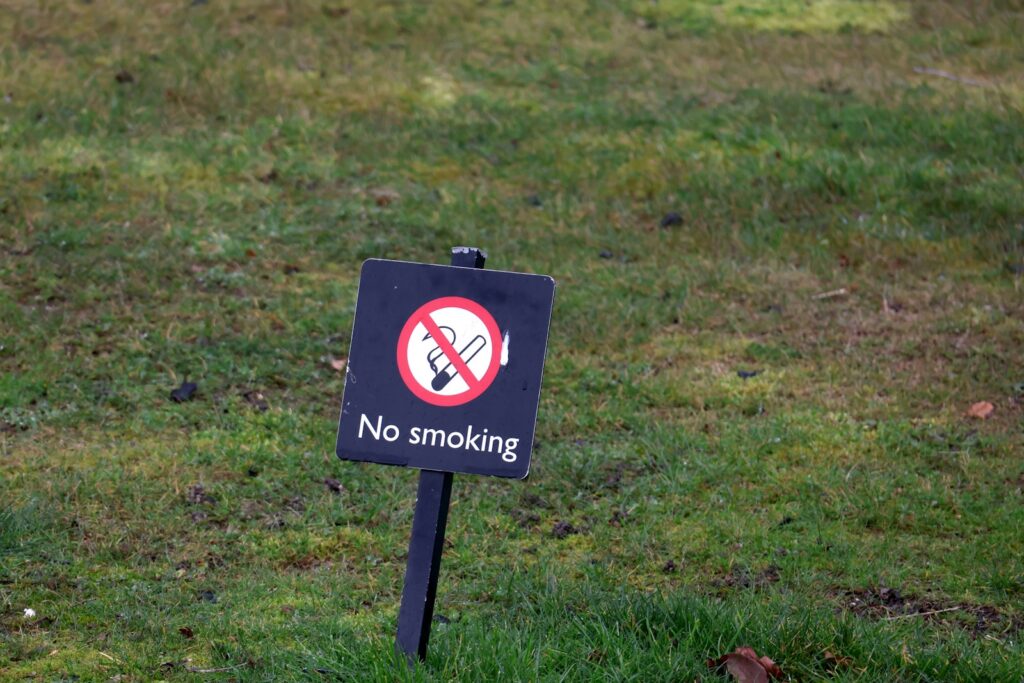The Canadian wildfires have been the most pernicious threat to the health of North Americans this Summer and new research suggests its effect might be worse than first thought.
The new paper by University of New Mexico Health Sciences scientists. published in the Journal of Neuroinflammation, gives new cause for alarm, finding that wildfire smoke can trigger inflammation in the brain that persists for a month or longer.
More worrying is the fact that, the inflammatory process affects the hippocampus – the brain region associated with learning and memory – altering neurotransmitters and signaling molecules, said the paper’s senior author, Matthew Campen, PhD, Regents’ professor in the College of Pharmacy and co-director of the UNM Clinical & Translational Science Center.
The research was led by David Scieszka, PhD, a postdoctoral student in Campen’s laboratory who exposed rodents to wood smoke every other day for two weeks: ‘We were trying to figure out if the stuff we saw in the wild could at least be partially figured out in the lab.’
The team identified both pro- and anti-inflammatory responses as tiny particles from the smoke entered the circulation from the lungs and crossed the blood-brain barrier, a layer of tightly packed cells lining blood vessels in the brain.
He continued: ‘We were able to measure the inflammatory response amplitude and time frames. We expected it to be a lot shorter. Some of it progressed out to 28 days and we didn’t see a complete resolution, and that was very scary to us.’
The blood-brain barrier cells had largely adapted to the smoke exposure by Day 14, but the immune cells in the brain remained abnormally activated, he said.
Campen said the findings are concerning given how many people are now regularly exposed to wildfire smoke: ‘Neuroinflammation is the seed for all sorts of bad things in the brain, including dementia, Alzheimer’s disease – the buildup of the plaques – but also alterations in neurodevelopment in early life and mood disorders throughout life.
‘If you’re a firefighter, or if you’re just a citizen in a community that has had some of these dramatic smoke exposures, you could be having neurocognitive or mood disorders weeks or months or weeks after the event.’
While it was noted that, to a certain extent, the human body seems capable of adapting to chronic particulate exposure, Campen points out that periodic exposure presents a problem because they cause a surge in inflammatory activity, and ill effects appear more related to the fluctuations, rather than the baseline levels of pollutants.
‘Part of what makes this so unique and worrisome is the intermittent nature of it. We have rural communities that are otherwise enjoying clean beautiful air, especially in the Rocky Mountain region, and then all of a sudden they have suffocating levels of pollutants and it’s gone a week later. It’s a real hit to a naïve system.’
Photo: Marcus Kauffman


















Thanks again, Paul. Scary stuff. Is there any evidence that ordinary garden bonfire smoke is also bad for us?